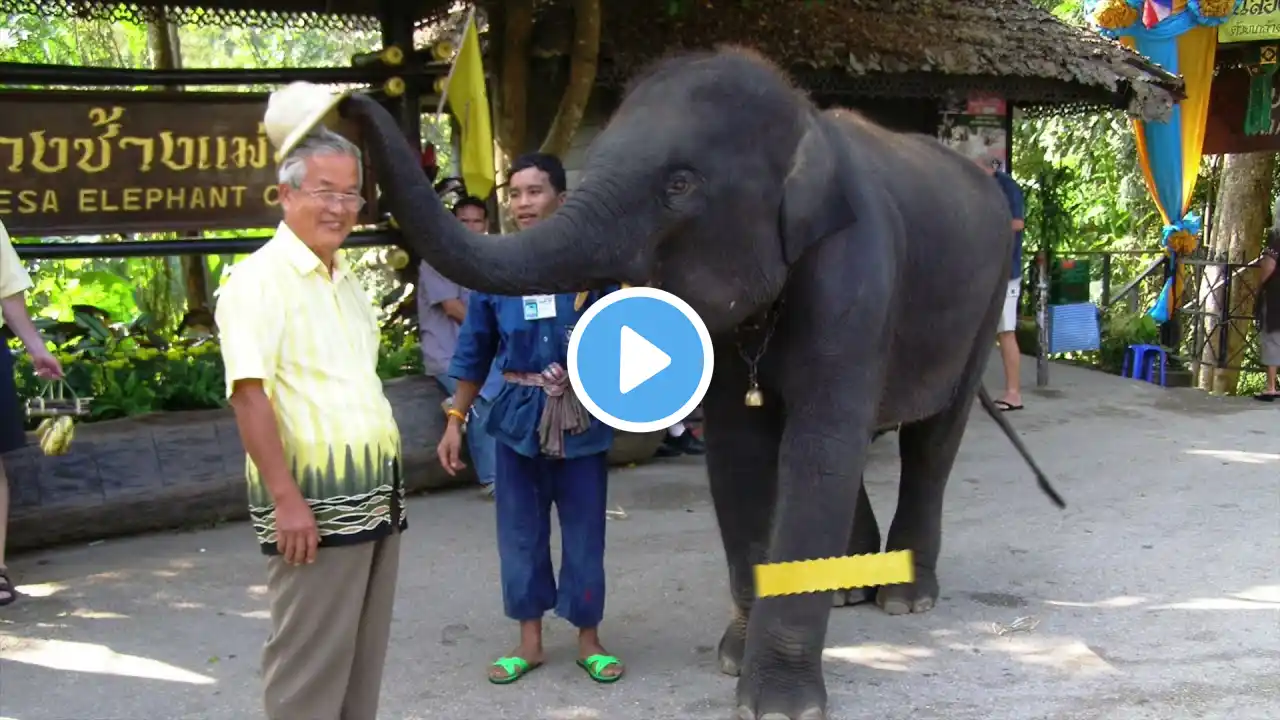
Happy Father's Day 2021, Dad! A tribute to my dad, the original 好老师.
“So do you think I’ve changed much?” A perfectly natural question for a friend who hasn't seen me in twenty years. “You look more and more like your dad!” says Wai Leong over our tea catchup. Oh yes. I just remember - Wai Leong and I are not just tuition mates, he was once taught by my father in ACS. "What subject did he teach you?” “He taught us Chinese POL classes," Wai Leong recalls. "When you see your dad, please tell him how much I enjoyed his classes. You know how easily distracted we kids are, but your dad held our attention by weaving interesting stories into his lessons. I can still recall his riveting account of the Three Kingdoms.” As a child, my favourite part of the day was bedtime: Dad would perch on my bedside and recount the most marvelous stories from the Chinese books he had devoured as a young scholar. My personal Aesop set my imagination aflame with tales of wise scholars, dashing princes, courageous soldiers and beautiful deities. Storytelling has become an inseparable part of our family. His stories come in handy in more ways than one: to break the ice, to entertain my friends, and once in a while, to gently impart a message, without talking down or preaching. If good doctors have a pill for every ill, my dad seemed to have a fable for every moral. . Like the time I had to undergo an operation to take out my gall bladder. I was devastated, since I had always prided myself on being as healthy as a horse. Undaunted, on the eve of the operation, dad and mum attempted to cheer me up by whisking me to my favourite kopitiam for my favourite Ipoh delicacy: chee cheong fun. A culinary hurrah of sorts, for post-operation, I was supposed to abstain from oily, greasy food since my fat digestion efficiency would be temporarily impaired. Unfortunately, the shop was closed, so we settled for a corner coffeeshop nearby. “By the way,” my mother said casually, “Nam Chau (another favourite) has opened a branch just diagonally opposite.” "Oh really? Let's go have a cuppa," I said delightedly. Little did I know another surprise awaited me. While scouring the premises for a seat, my eyes landed on my review of them in The Star, framed on the wall. By the time I bounced back into the car, where my parents were waiting, my spirits had improved considerably. "I feel very lucky," I bubbled. "Even though I didn't get to eat the chee cheong fun, I unearth another happy find." "Yup," Mother concurred. "Sai Ung Sat Ma." "What's that?" From my handicapped Mandarin, I knew it was a Chinese idiom, but the actual meaning was beyond my ken. Mother turned expectantly to Father, the family’s official raconteur. He caught the baton without missing a beat. "Sai Ung Sat Ma is a Chinese proverb derived from a legend about an old farmer named Ung who lived in Sai, which means the outskirts of the border of Northern China. When war broke out, the government started conscripting for soldiers and Old Man Ung had a son of eligible age. He most certainly would have joined his comrades in war, except for an unexpected twist of fate. Now, the old farmer kept horses. One night, one of his horses broke loose from the stable. It returned the next morning, with another horse in tow, which the son was eager to try out. Alas, the new horse went wild and threw the young man off, breaking his leg in the process. The old man also lost the horse. When the war came, many people died on the battlefield, including their neighbour's son. But for the farmer, the loss turned out to be a blessing in disguise. As a result of his broken leg, Ung Junior could not fight in the war and thus possibly sparing him his life. That is why we say, Sai Ung Sat Ma (Border Ung Lose Horse). He may have lost a horse, but in return he gained something even better - his son's life." "Who would have thought four words can mean so much? Sai Ung Sat Ma,” I repeated the words to familiarize myself. "Just like when you came out of your corporate job, you gained so many new experiences and friends," my dad continued. From the moment I took that leap of faith and left my corporate job, I seemed to bump into one good samaritan after another through the most extraordinary chain of events, many of whom have become fodder for this column. If I had lost quite a bit of material wealth by switching careers, the wonderful new friends and rich experiences I gained along the way more than made up for it. Dad interrupted my reverie by concluding, ""In life, there are ups and downs. You must take things easy, even when you lose something valuable, like Old Man Ung and his horse. Everything has a silver lining. As the song goes in Sound of Music, "For somewhere in my youth or childhood, I must have done something good..." To underscore his point, my father spontaneously broke into song ... I smile at the memory as Wai Leong and I continue to reminisce about old times, thinking how lucky I am to have a father filled with bundles of sunshine and song.